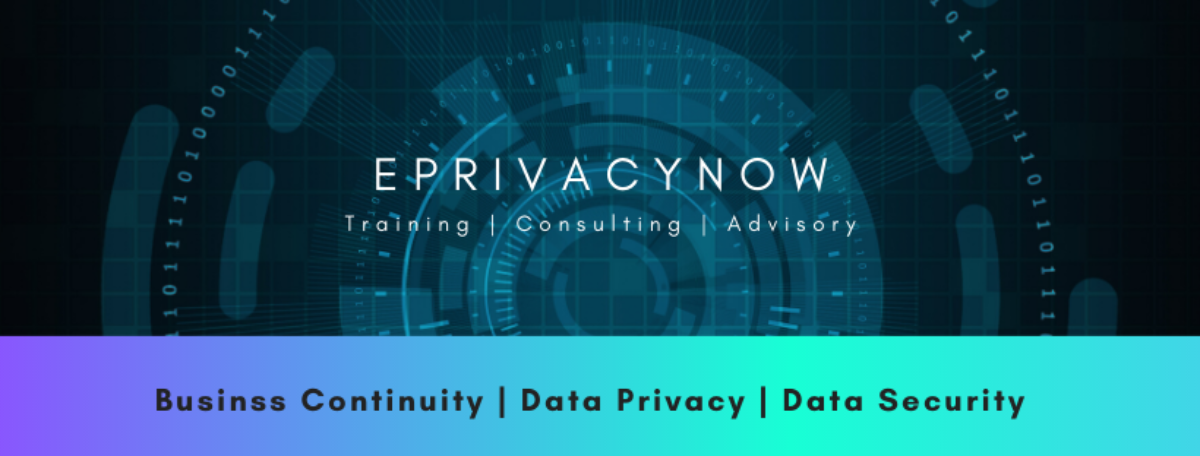Data Privacy had taken the banner headline in 2018 with the implementation of new GDPR last May 2018 and the adoption of Data Privacy Act in Asia specially in the Philippines that penalizes an offender to imprisonment and some penalties. But eventhough GDPR has no imprisonment attached to it the penalty can be up to 20M Euros or 4% of the Profit of the Company violating it.
But most the people or the enterprise see just the penalty but the the law actually acts as an enabler for the enterpise to be more trust-worthy with regards to their data and its integrity. The Data Privacy Act enables us as companies to be trustworthy with our clients and our customers in fact are the owner of the data not us as companies we only process and has limited control to it on a certain period(not infinity).
It also challenges our culture to not be a willing victim to our privacy. I was talking to a CEO of blockchain company and she mentioned that this is all just hype because all our data are already out there in Facebook, Twitter, SnapChat, WeChat, Viber etc… maybe she has a point but as a company we need to know the integrity of data we process may it be employee data, business partner data or customer information. As professionals and leaders of our enterprise we need to challenge ourselves on how we do business and ask the question on why are we collecting this datapoint. We need to include privacy on the projects we embark on and in our operations (BAU). It encourages us to have a risk based approach on doing our business / projects.

I invite you to look at etisphere.com

A portfolio of the world’s most ethical companies consistently outperforms the market during the period analysed by eithsphere both in times of growth and during market decline…
In the end it is not just about compliance its a trust issue. Maybe it may sound ambitious and IT leaders would say that innovation can never be a compliance game and we need to be fast and agile otherwise our competitor will crush us but the law gives us the opportunity to build privacy and security by design on our initiatives. And by doing security and privacy by design we will have that confidence and integrity that the data we process are in fact true and correct and I quote Patricia Aburdene (MegaTrends 2010)…
Transcendent values like trust and integrity literally translate into revenue, profits and prosperity.






